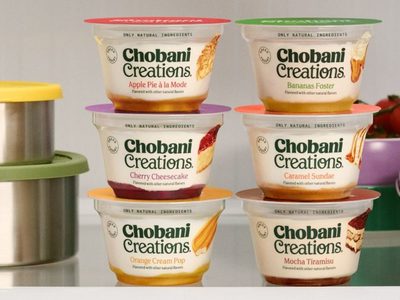
WASHINGTON — AquAdvantage salmon, an Atlantic salmon genetically enhanced to reach market size in less time than conventionally farmed Atlantic salmon, is as safe to eat and as nutritious as any non-genetically engineered Atlantic salmon, the Food and Drug Administration said Nov. 19. The F.D.A. thus approved a new animal drug application from AquaBounty Technologies, Inc. for the production, sale and consumption of its AquAdvantage salmon.
“AquAdvantage Salmon is a game-changer that brings healthy and nutritious food to consumers in an environmentally responsible manner without damaging the ocean and other marine habitats,” said Ronald L. Stotish, Ph.D., chief executive officer of AquaBounty, a subsidiary of Intrexon Corp. and based in Maynard, Mass. “Using land-based aquaculture systems, this rich source of protein and other nutrients can be farmed close to major consumer markets in a more sustainable manner.”
The AquAdvantage salmon may be raised only in land-based, contained hatchery tanks in two specific facilities in Canada and Panama, according to the F.D.A. The approval does not allow AquAdvantage salmon to be bred or raised in the United States.
Not everyone approved of the F.D.A.’s approval. The decision marked the first time a genetically modified animal has been cleared for human consumption, according to Just Label It, which advocates for the labeling of genetically engineered/G.M.O. foods.
“The decision to approve G.M.O. salmon without a mandatory disclosure is yet another example of how F.D.A.’s outdated policy keeps consumers in the dark,” said Scott Faber, executive director of Just Label It. “Consumers will have no way of knowing whether the salmon they are buying comes from nature or comes from a lab. It makes sense to give consumers the right to know and to choose whether this fish, or any other food that contains G.M.O. ingredients, is right for their dinner table.”
The F.D.A. has issued a draft guidance on the voluntary labeling that indicates whether or not food has been derived from genetically engineered Atlantic salmon. The guidance may be found at http://www.fda.gov/Food/GuidanceRegulation/GuidanceDocumentsRegulatoryInformation/ucm469802.htm. Starting Nov. 23, the F.D.A. will accept comments on its draft guidance via instructions in the Federal Register.
The F.D.A. regulates genetically engineered (G.E.) animals under the new animal drug provisions of the Federal Food, Drug and Cosmetic Act because the recombinant DNA (rDNA) construct introduced into the animal meets the definition of a drug.


